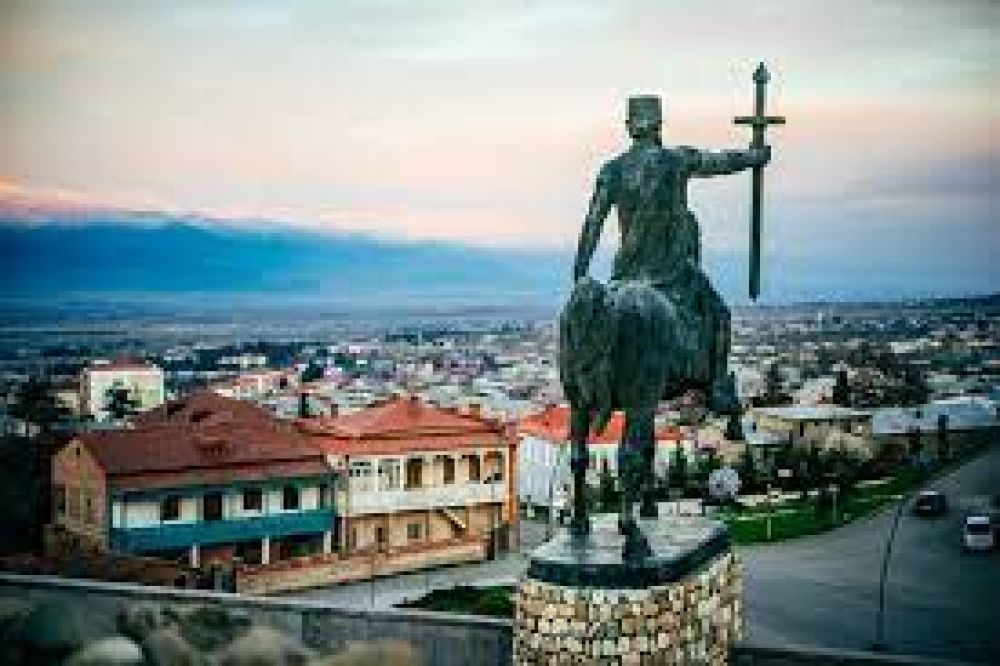

Telavi, the principal city of Georgia's eastern province of Kakheti, is one of the country's oldest cities with a rich history dating back to the 1st millennium BC. This city, nestled in the heart of Georgia's wine-growing region, has been a hub for cultural and economic activity for centuries, but its development into a tourist destination has been comparatively recent.
The area around Telavi has been known for its wine production for over 8,000 years, making it an essential part of Georgian culture and an attractive place for those interested in culinary and oenological history. Its strategic location as a crossroads in the Caucasus also contributed to Telavi’s historical significance, which has brought with it a unique blend of influences from Europe and Asia.
Tourism in Telavi began to take shape during the Soviet era when domestic travel became popular and people from various parts of the USSR visited the region to experience its natural beauty, mild climate, and historic sites. However, it was not until Georgia's independence following the collapse of the Soviet Union that Telavi's tourism industry began to develop significantly.
In the early 2000s, investments in infrastructure, including the renovation of historical sites and the development of the wine industry, made Telavi more accessible and attractive to international travelers. The city's promotion as a center of Georgian culture and winemaking led to a gradual increase in tourism, which has helped fuel the local economy.
In recent years, Telavi has seen a surge in small-scale, sustainable tourism initiatives. This includes a focus on agro-tourism, with visitors invited to participate in grape harvesting and winemaking processes to experience the traditions of the region firsthand.
Also, the implementation of modern and boutique hotels while restoring traditional Georgian houses into guesthouses has helped bring new life into the city's architecture and economy, making it a comfortable destination for a diverse array of tourists.
Telavi hosts various cultural events and festivals throughout the year, including the Telavi International Music Festival and the New Wine Festival, which showcase local talents and the area's rich winemaking heritage. These events have helped put Telavi on the map as a cultural hotspot within Georgia and have drawn increasing numbers of visitors from around the globe.
Like many destinations worldwide, Telavi's tourism was hit hard by the COVID-19 pandemic. Restrictions on travel and social gatherings led to a sharp decline in visitor numbers. However, as travel restrictions ease, there is a growing trend among tourists seeking off-the-beaten-path and outdoor destinations, which could bode well for Telavi with its vast vineyards and scenic landscapes.
The future of Telavi's tourism industry seems bright as Georgia continues to gain recognition on the world stage. With increasing flight connections, international awareness of Georgian culture and cuisine, and a rising global interest in wine tourism, Telavi is well poised to become a prominent destination for cultural, gastronomical, and eco-tourism in the years to come.
Combining its ancient traditions with modern tourism practices, Telavi exemplifies a destination that preserves its past while embracing the potential of tourism to enrich its future. For travelers seeking authenticity and a taste of Georgian hospitality, Telavi is undoubtedly a gem worth discovering.